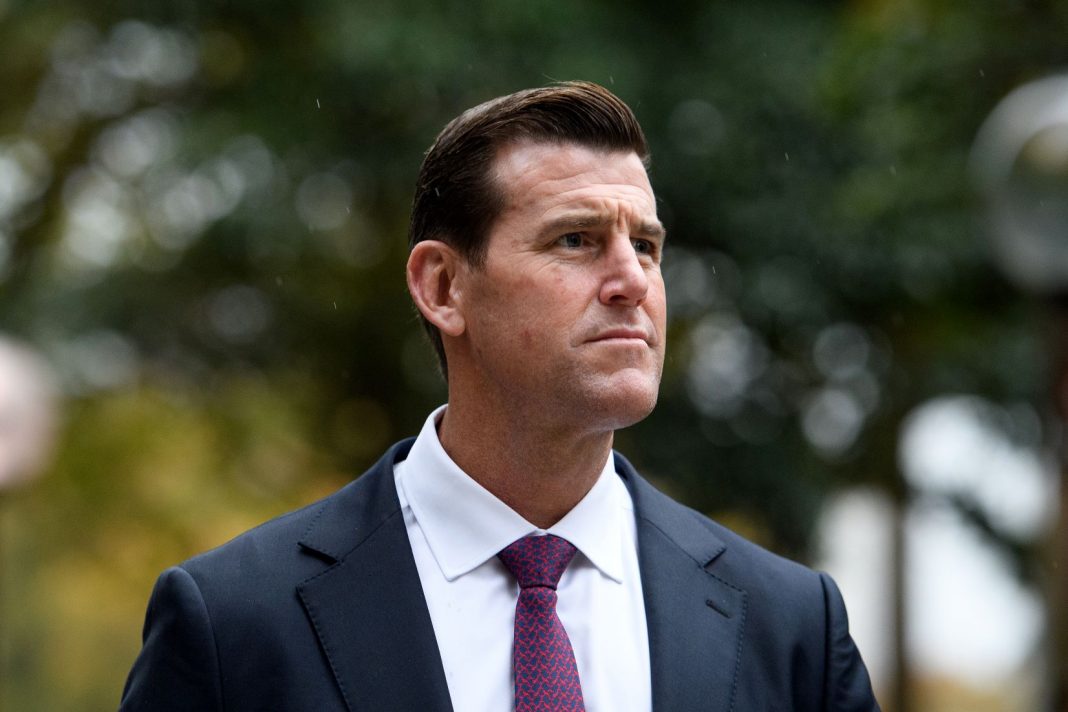Former soldier Ben Roberts-Smith has been ordered to pay the legal costs of several media outlets following a failed defamation action over allegations he committed war crimes.
The Federal Court ruled in June that articles published by Nine newspapers and The Canberra Times alleging Mr Roberts-Smith’s involvement in four murders while deployed in Afghanistan were substantially true.
He has not been criminally charged and has since appealed the decision.
He was on Tuesday ordered by the court to pay the outlets’ legal costs, assessed on an indemnity basis and dating back to August 2018, for the long-running defamation trial which took 110 days to hear.
Justice Anthony Besanko accepted the publishers’ argument Mr Roberts-Smith should pay indemnity costs from the start of the legal proceedings because he knew a number of the allegations made by the papers were true.
“The applicant knew what had occurred at W108, Darwan and Chinartu,” Justice Besanko stated in his reasons.
“He knew that that would be sufficient to establish the substantial truth of the most serious imputations and … to lead to the dismissal of the proceedings he brought.”
Mr Roberts-Smith had previously agreed he should pay the publishers’ legal fees on an indemnity basis only from March 2020, and on a standard party-party basis before that.
Indemnity costs are those beyond what the court would normally impose, generally allowing the applicant to recoup a larger proportion of their legal fees.
Estimates have pegged the cost for the opposing parties at more than $25 million.
Mr Roberts-Smith was also ordered to pay the costs of the publishers for two interlocutory applications they made to inspect documents, which were both dismissed.
Nine-owned titles The Sydney Morning Herald and The Age, as well as The Canberra Times, reported allegations the SAS soldier was involved in the murders of four unarmed prisoners.
The publishers’ barrister, Nicholas Owens SC told the court earlier this year Mr Roberts-Smith sued his clients to conceal the truth and would have succeeded had the newspapers failed to prove their claims.
“It must be the case, inevitably and necessarily, that the applicant commenced these proceedings and continued these proceedings knowing those imputations sued upon were in fact true,” he said.
By Duncan Murray in Sydney
Get local, national and world news, plus sport, entertainment, lifestyle, competitions and more delivered straight to your inbox with the Canberra Daily newsletter. Sign up here.



